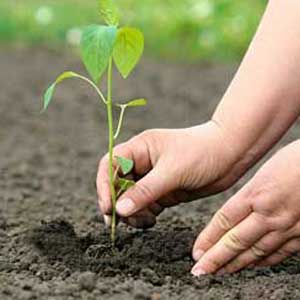
 It is increasingly common for youth education to include vital information on their environments. Although much of the teachings are not directly related to indigenous beliefs, they stem from similar ideas. There is a huge need for children to become familiar with where they are from, not just geographically, at an early age. When kids develop an interest and appreciation for their environment early on, they will continue to embrace it later in life. The environmental education used today is not identical to the lococentric ways of indigenous people, it is a western approach to an idea of love of place. The education I am referring to does not merely involve a child learning the anatomy of a butterfly by looking at a real one versus a pictoral diagram or by touching
It is increasingly common for youth education to include vital information on their environments. Although much of the teachings are not directly related to indigenous beliefs, they stem from similar ideas. There is a huge need for children to become familiar with where they are from, not just geographically, at an early age. When kids develop an interest and appreciation for their environment early on, they will continue to embrace it later in life. The environmental education used today is not identical to the lococentric ways of indigenous people, it is a western approach to an idea of love of place. The education I am referring to does not merely involve a child learning the anatomy of a butterfly by looking at a real one versus a pictoral diagram or by touching soil versus just looking at it. Though these are crucial components of the education, it is more centered on a holistic appreciation and understanding of how humans should be interacting with their surroundings.
Having been a part of experiential programs in science in the environment, it is not hard for them to become the most profound experiences of someone's life. Our world so beautiful and so deeply fascinating it's not very difficult to spark an interest. Here are a few links to place-based education programs. The third is program I was involved in and provides a more specific example of how environmental appreciation and place-based learning is evolving today.
www.promiseofplace.org
www.peecworks.org
www.mesd.k12.or.us/os/OutdoorSchool/Welcome.html
(if you scroll down and go to the "Mission" page, you can find me in the picture!)
-Rachel McCaffrey
2 comments:
It's so great to know that there are programs like this, Rachel. I'd love to know more about how the experience shaped your relationship to place...
there is a book with the title "the pull of the earth: participatory ethnography in the school garden", by laurie thorpe, that is a beautiful co-created piece--a stunning example of new kinds of ethnography as well as the power of these lococentric education inititaives. a small book with ALOT of power...
Post a Comment